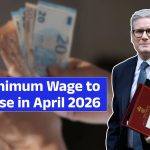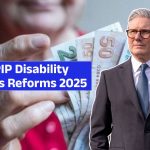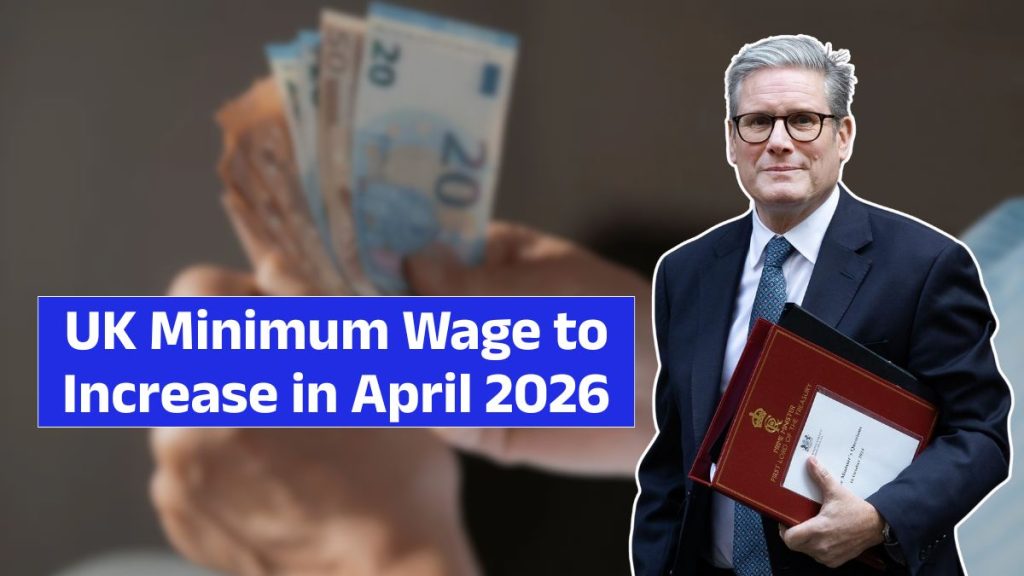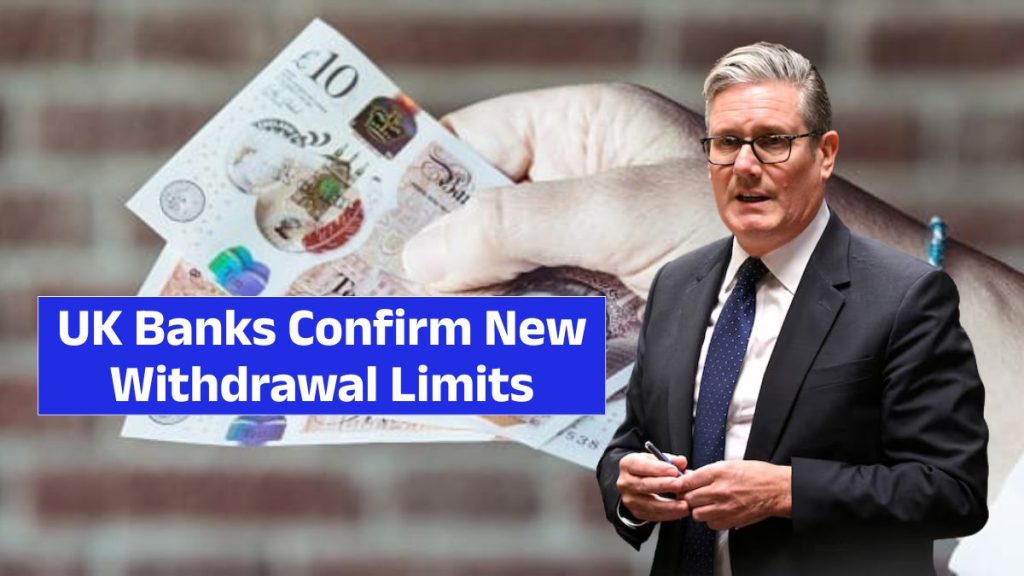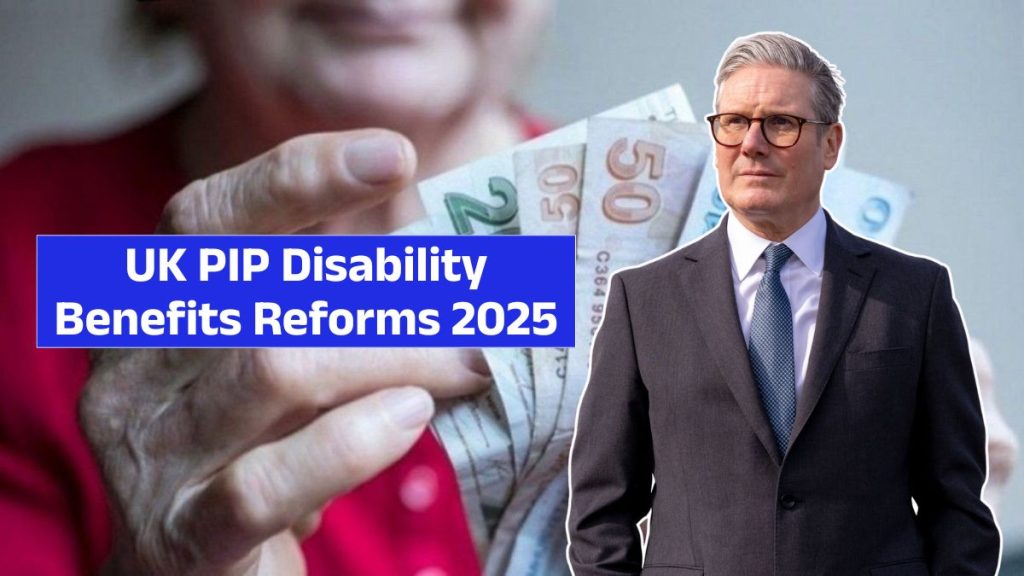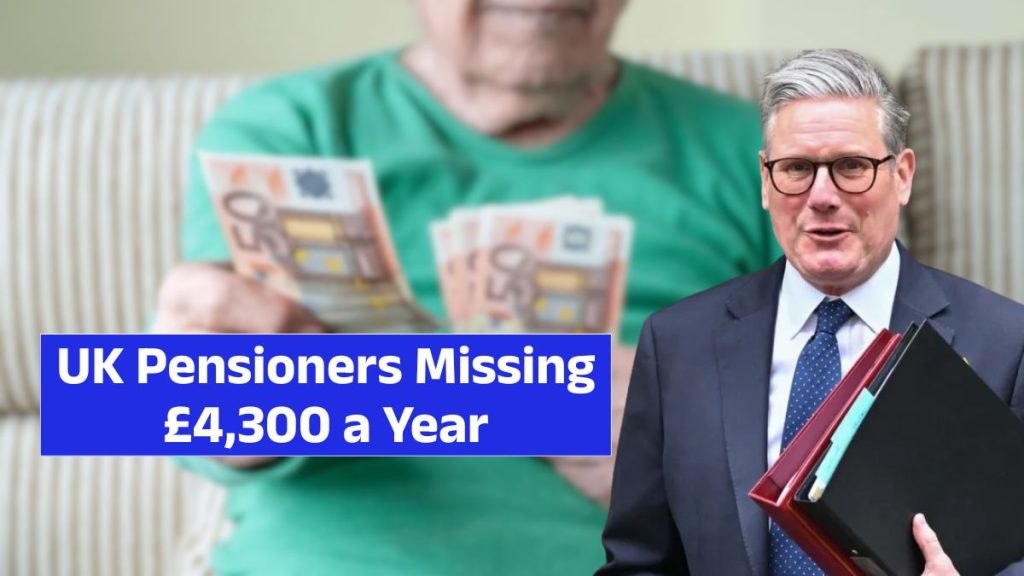With winter approaching, the DWP Winter Fuel Payment remains a vital support for pensioners across the UK. This tax-free payment is designed to help older residents manage heating bills during the coldest months of the year. However, in 2025, new rules mean that high-income pensioners may face partial clawbacks from HMRC, sparking concerns over who will receive the full amount and who might see reductions.
This article explains everything you need to know about the Winter Fuel Payment in 2025—eligibility, amounts, clawback rules, payment dates, and how to prepare.
What is the Winter Fuel Payment?
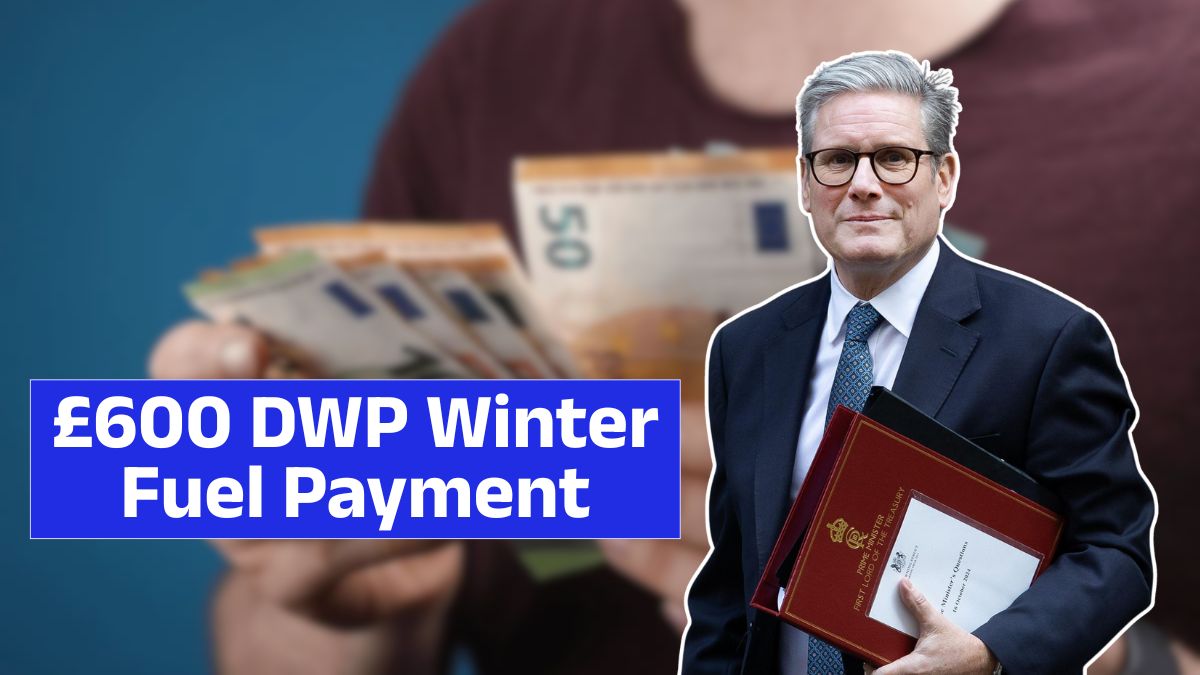
The Winter Fuel Payment is an annual, tax-free payment provided by the Department for Work and Pensions (DWP) to support pensioners with heating costs.
- It is separate from other benefits, including the Cold Weather Payment and Warm Home Discount.
- Payments are usually automatic for eligible pensioners.
- The main aim is to ensure no pensioner has to choose between heating and other essentials during the winter months.
Who Qualifies for the Winter Fuel Payment 2025?
Eligibility for 2025 depends on age and residency. To qualify, you must:
- Be aged 60 or over during the qualifying week.
- Have lived in the UK for at least part of the qualifying week.
- Be in receipt of the State Pension or another qualifying benefit, such as:
- Pension Credit
- Income Support
- Universal Credit
For most pensioners, payments are automatic—no separate application is required.
How Much Will Pensioners Receive in 2025?
The amount you receive depends on age and living arrangements:
- Aged under 80 – Around £250–£300
- Aged 80 or over – Around £500–£600
- Couples – If both qualify, each may receive a separate payment.
This structure ensures that older pensioners, who may face higher heating costs, receive greater support.
HMRC Clawback – What It Means for High-Income Pensioners
For 2025, HMRC may reclaim part or all of the Winter Fuel Payment if pensioners exceed high-income thresholds. This process, known as clawback, targets those who already have substantial financial resources.
It typically affects:
- Pensioners with large private pension pots.
- Those with significant investment income.
- Retirees with taxable income above government thresholds.
The exact income limit for clawback varies, and HMRC will contact affected pensioners with details of deductions.
Why the Clawback Is Being Introduced
The government argues that clawback ensures the Winter Fuel Payment is focused on those who truly need it.
- It prevents wealthy pensioners from receiving unnecessary support.
- It helps the DWP manage rising costs linked to inflation and energy prices.
- It ensures limited funds reach low- and middle-income pensioners first.
Payment Dates for Winter Fuel Payment 2025
Payments are usually made between November and December, just ahead of the coldest months.
- For 2025, most payments will be deposited directly into pensioners’ accounts.
- Bank statements will show the reference “DWP Winter Fuel Payment.”
- Any delays should be reported to the DWP promptly.
What To Do If You Face Clawback
High-income pensioners can prepare by:
- Checking taxable income for the year.
- Reviewing private pensions and investment returns.
- Contacting HMRC for clarity on whether clawback applies.
- Planning budgets to avoid winter shortfalls.
Why This Payment Remains Crucial
For millions of pensioners, the Winter Fuel Payment provides vital relief against soaring energy costs.
- It covers heating, electricity, and basic household bills.
- It reduces financial stress during the winter season.
- It allows pensioners to maintain comfort and avoid health risks from cold homes.
Even with clawbacks for higher earners, most pensioners will continue to receive full support.
Interaction with Other Benefits
The Winter Fuel Payment is separate and protected, meaning:
- It does not reduce Pension Credit, Universal Credit, or other benefits.
- It is tax-free.
- It does not count as income for other benefit purposes.
This ensures pensioners keep their full entitlement without losing other support.
Steps to Avoid Issues in 2025
To ensure smooth receipt of payments:
- Keep bank details updated with the DWP.
- Confirm you are still receiving a qualifying benefit.
- Check DWP and HMRC correspondence for any changes.
- Apply early if you’ve only recently become eligible.
FAQs on Winter Fuel Payment 2025
1. Do all pensioners automatically receive the Winter Fuel Payment?
Most do, but only if they are in receipt of the State Pension or another qualifying benefit.
2. How much will I get in 2025?
Between £250–£600, depending on your age and household situation.
3. What is the clawback, and will it affect me?
Clawback is when HMRC reclaims part of the payment from high-income pensioners. If you have significant private pensions or investment income, you may be affected.
4. When will the payments arrive in 2025?
Between November and December, usually into the same account where you receive your pension.
5. Does the Winter Fuel Payment affect my other benefits?
No, it is tax-free and does not reduce other entitlements.
